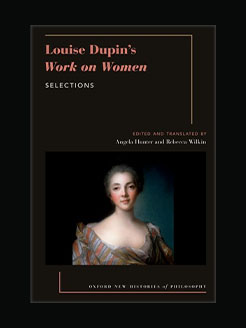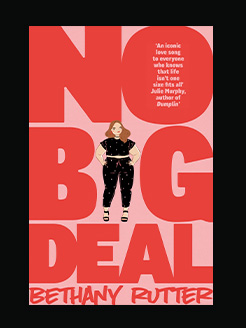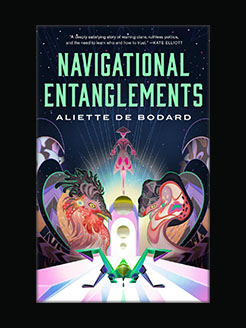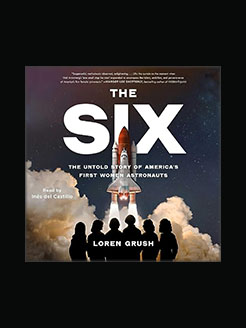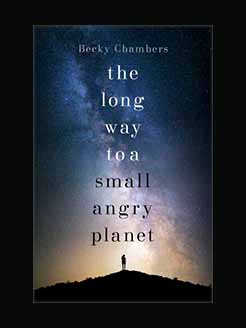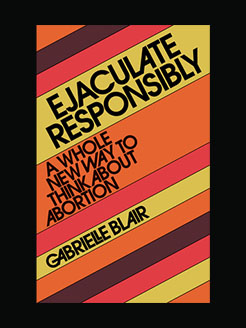Published in 2022
208 pages
Leah Thomas is an eco-communicator, aka an environmentalist with a love for writing + creativity, based in Ventura, CA. She’s passionate about advocating for and exploring the relationship between social justice and environmentalism. You could say she’s tryna make the world a little more equal for everyone and a little nicer to our home planet.
She is the founder of eco-lifestyle blog @greengirlleah and The Intersectional Environmentalist Platform, which is a resource + media hub that aims to advocate for environmental justice + inclusivity within environmental education + movements.
Her articles on this topic have appeared in Vogue, Elle, The Good Trade, and Youth to the People and she has been featured in Harper’s Bazaar, W Magazine, Domino, GOOP and numerous podcasts. She has a B.S. in Environmental Science and Policy from Chapman University and worked for the National Park Service and Patagonia headquarters before pursuing environmentalism full time.
What is this book about?
A primer on intersectional environmentalism aimed at educating the next generation of activists on how to create meaningful, inclusive, and sustainable change.
The Intersectional Environmentalist is an introduction to the intersection between environmentalism, racism, and privilege, and an acknowledgment of the fundamental truth that we cannot save the planet without uplifting the voices of its people — especially those most often unheard. Written by Leah Thomas, a prominent voice in the field and the activist who coined the term “Intersectional Environmentalism,” this book is simultaneously a call to action, a guide to instigating change for all, and a pledge to work towards the empowerment of all people and the betterment of the planet.
In The Intersectional Environmentalist, Thomas shows how not only are Black, Indigenous and people of color unequally and unfairly impacted by environmental injustices, but she argues that the fight for the planet lies in tandem to the fight for civil rights; and in fact, that one cannot exist without the other. An essential read, this book addresses the most pressing issues that the people and our planet face, examines and dismantles privilege, and looks to the future as the voice of a movement that will define a generation.
